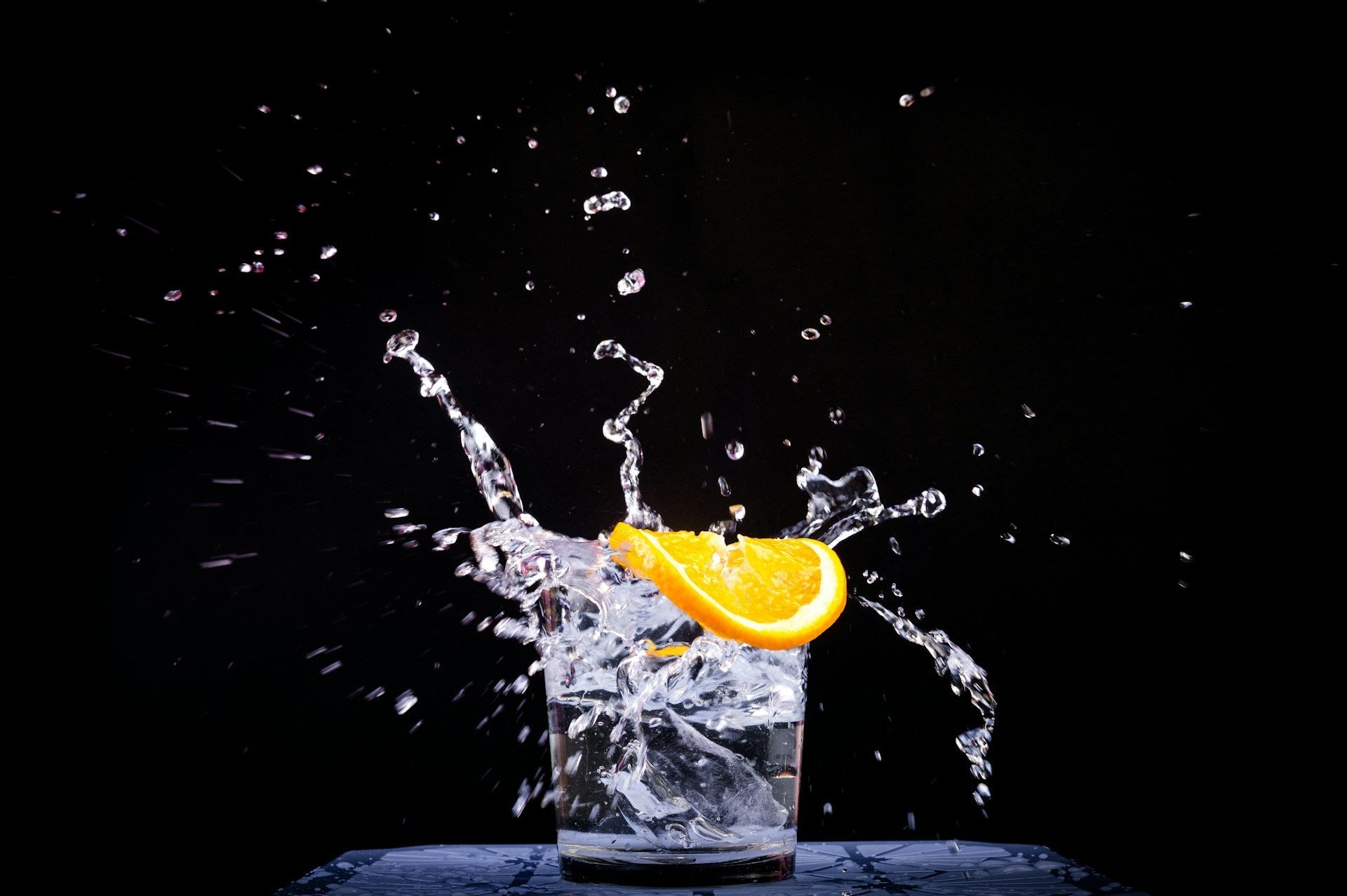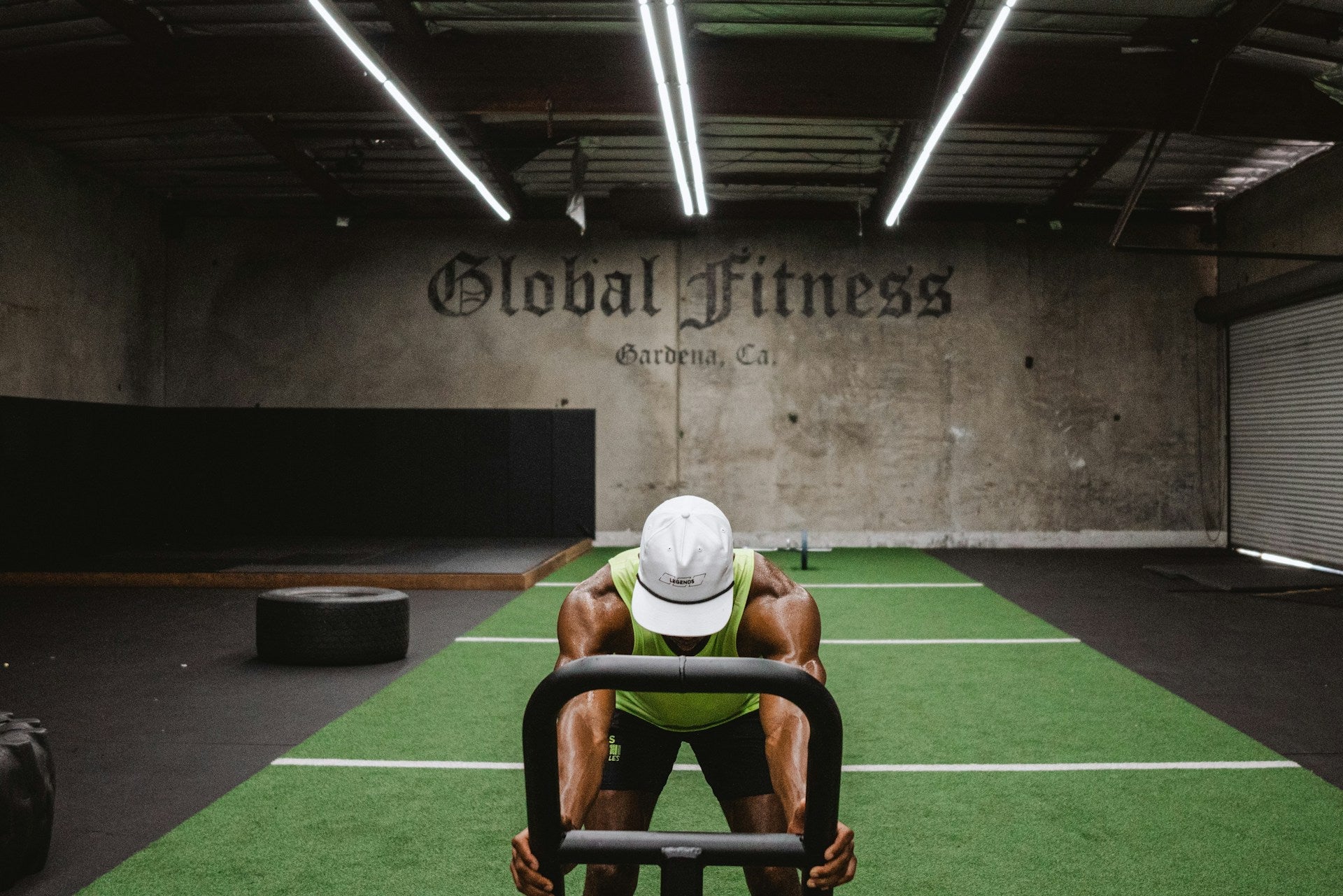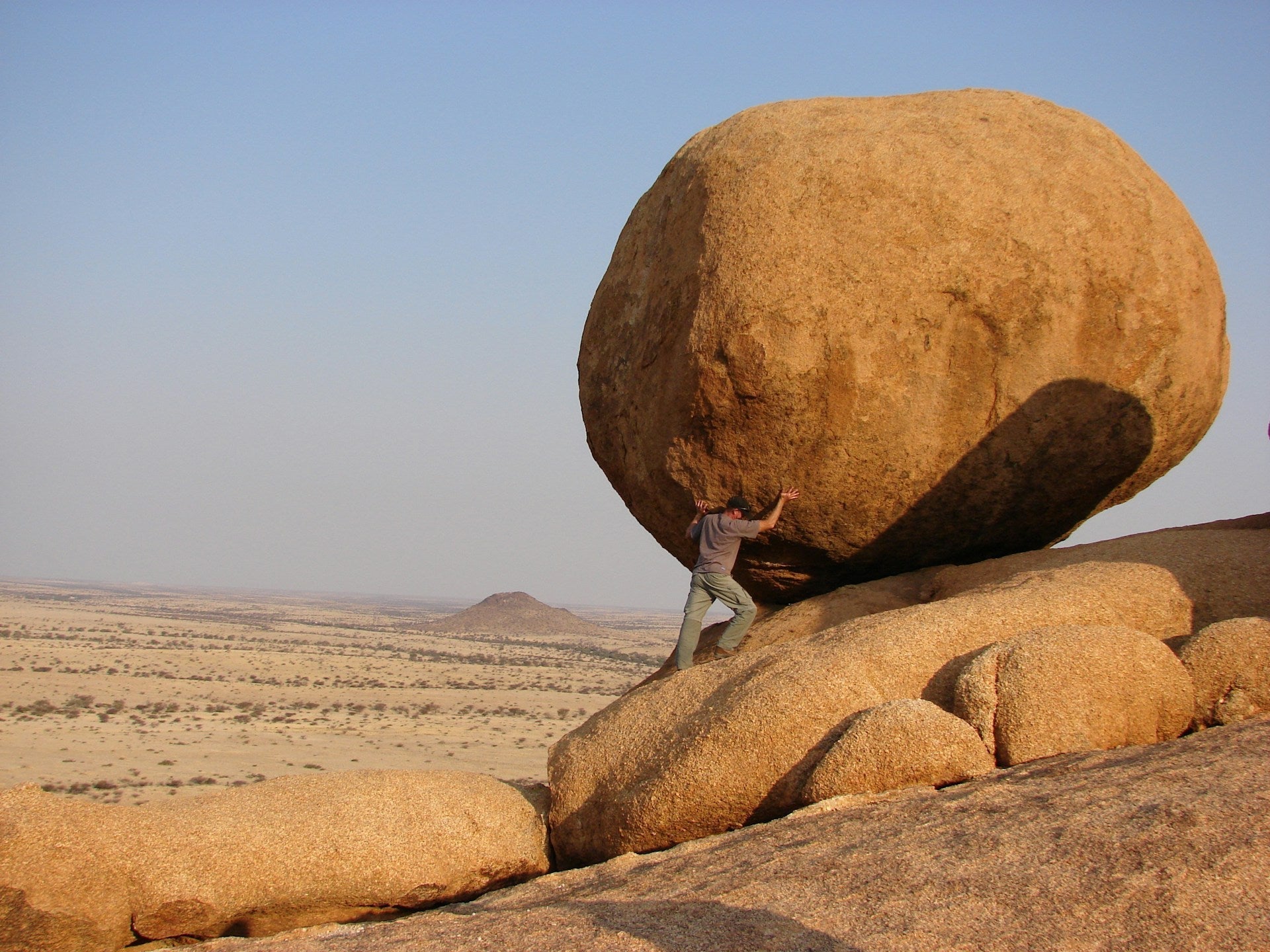The Impact of Hydration on Exercise Performance

Hydration plays a crucial role in overall health, but it is especially vital for athletes and fitness enthusiasts. Water is the primary component of muscles, blood, and cells, making it essential for energy production, thermoregulation, and muscle contractions. Even slight dehydration—just a 2% loss in body weight due to fluid loss—can negatively affect endurance, strength, and cognitive performance.
Despite its importance, many people overlook proper hydration in their training regimen. They focus on pre-workout supplements, protein intake, and macronutrients but fail to drink enough water to support muscle function and recovery. Understanding the role of hydration in exercise performance can help you maximize gains, reduce the risk of injury, and improve overall well-being.
How Hydration Affects Athletic P erformance
Water is involved in nearly every bodily function, but its role in athletic performance is particularly significant. Let’s break down how proper hydration—or lack thereof—impacts different aspects of exercise.
1. Regulates Body Temperature
During exercise, the body generates heat, causing an increase in core temperature. Sweating is the body’s natural cooling mechanism, but this process results in fluid loss. If fluids are not replenished, the body struggles to regulate temperature, leading to overheating, fatigue, and decreased stamina.
Studies show that dehydrated athletes experience increased heart rate, higher perceived exertion, and reduced endurance compared to well-hydrated individuals. Proper hydration ensures that the body can cool itself efficiently, reducing the risk of heat exhaustion and dehydration-related performance declines.

2. Supports Muscle Function and Strength
Muscles are composed of about 75% water, making hydration essential for optimal muscle function. When the body is dehydrated, muscle contractions become less efficient, leading to weakness, cramping, and decreased power output.
A lack of hydration also slows down the transport of essential nutrients like sodium, potassium, and calcium, which play a critical role in muscle contraction and recovery. Athletes who stay hydrated experience better endurance, strength, and power during their workouts.
3. Lubricates Joints and Prevents Injury
Joint health is another critical factor impacted by hydration. Water lubricates joints and cushions connective tissues, reducing friction and wear. Dehydration can cause joint pain and stiffness, increasing the risk of strains and injuries.
Long-term dehydration may also contribute to joint inflammation and cartilage breakdown, making hydration an essential part of injury prevention, especially for weightlifters, runners, and endurance athletes.
4. Enhances Cognitive Function and Focus
Exercise performance isn’t just about physical endurance—it also requires mental focus and coordination. Hydration affects brain function, impacting concentration, reaction time, and decision-making.
Dehydrated individuals often experience brain fog, dizziness, and decreased alertness, all of which can hinder athletic performance. Proper fluid intake helps maintain sharp cognitive function, ensuring you perform at your best in high-intensity workouts, competitions, and endurance events.
How Much Water Do You Need?
The amount of water needed varies based on factors like body weight, activity level, climate, and sweat rate. However, here are some general hydration guidelines for athletes:
- Daily Water Intake: 8-10 glasses (2-2.5 liters) for general health
- Pre-Workout Hydration: 2-3 cups (500-750ml) 30-60 minutes before exercise
- During Exercise: 1-2 cups (250-500ml) every 20 minutes for moderate workouts
- Post-Workout Rehydration: At least 3 cups (750ml) within 30 minutes after exercise
If you engage in high-intensity training or endurance sports, you may need electrolyte-infused fluids to replenish lost sodium, potassium, and magnesium. Coconut water, sports drinks, or electrolyte tablets can help restore balance and prevent dehydration-related fatigue.
Signs of Dehydration in Athletes
It’s crucial to recognize the signs of dehydration before they impact performance. Common symptoms include:
- Early Signs: Dry mouth, mild thirst, headache, dizziness
- Moderate Signs: Dark yellow urine, muscle cramps, fatigue
- Severe Signs: Rapid heartbeat, confusion, nausea, fainting
A good way to check hydration levels is monitoring urine color—light yellow indicates proper hydration, while dark yellow or amber suggests dehydration.
Best Hydration Strategies for Athletes
To stay optimally hydrated, incorporate these strategies into your fitness routine:
- Start the Day with Water: Drink at least 2 cups (500ml) of water upon waking up to rehydrate after sleep.
- Sip Water Throughout the Day: Avoid waiting until you're thirsty—drink consistently.
- Hydrate Before, During, and After Workouts: Follow the recommended intake guidelines based on your activity level.
- Consume Electrolytes When Needed: If exercising for over an hour, replenish sodium and potassium through electrolyte drinks or coconut water.
- Eat Hydrating Foods: Include organic cucumbers, watermelon, oranges, and leafy greens in your diet for additional hydration.
- Limit Caffeine and Alcohol: Both can contribute to dehydration, so balance them with extra water intake.
Conclusion
Hydration is a fundamental yet often neglected aspect of fitness. Proper fluid intake regulates body temperature, enhances muscle function, lubricates joints, and supports cognitive focus—all of which contribute to peak performance.
Whether you’re lifting weights, running marathons, or practicing yoga, prioritizing hydration will enhance endurance, speed up recovery, and reduce injury risk. Make water a central part of your daily routine, and you’ll notice significant improvements in how you feel and perform.





Comments